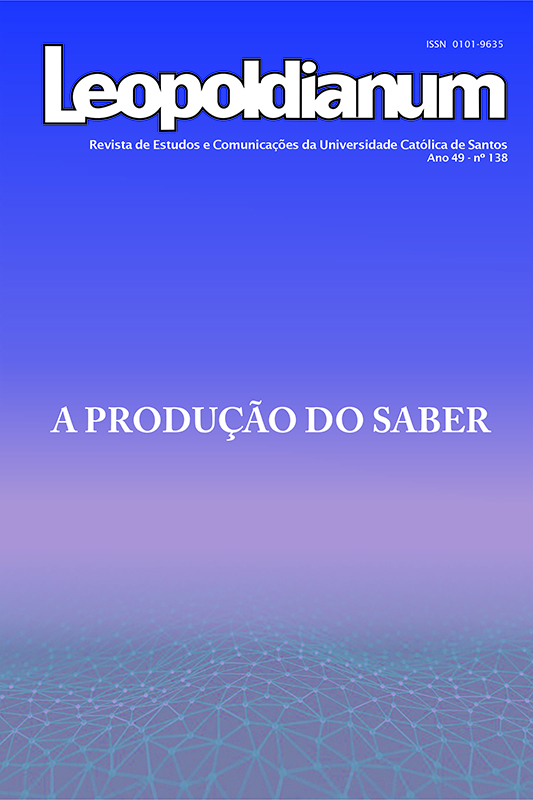FOUR YEARS AFTER THE DAM FAILURE IN BRUMADINHO: REFLECTIONS ON THE LEGACY AND LESSONS LEARNED ABOUT THE ENVIRONMENTAL LICENSING MODEL IN BRAZIL
reflexões sobre o legado e as lições aprendidas sobre o modelo de licenciamento
DOI:
https://doi.org/10.58422/releo2023.e1396Abstract
The rupture of the BI dam located in the city of Brumadinho, Minas Gerais, which occurred in January 2019, demonstrates the need for critical analysis of regulatory instruments under the current command and control model, especially environmental licensing. The magnitude of the socio-environmental impacts resulting from the dumping of 12 million m³ of iron ore waste resulting from mining activity highlights the questioning about the effectiveness of this instrument in achieving the reduction of risks of damage of this kind. The historical survey of the mining activity in that region revealed that there have been warnings regarding the data related to the safety of the dam, built by the upstream raising method. However, the mining company continued its activities with the endorsement of the government. For this reason, this exploratory and qualitative research, conducted through a bibliographic and legislative review and analysis of the practical case of Brumadinho, intends to promote the debate about the need to review the licensing instrument in order to complement it with new perspectives that contribute to its maximum effectiveness, focused on environmental protection. This is so that the improvement of public policies, making them more effective, may foster corporate governance measures and ensure the safety of economic activities through real and careful adherence to the stages of the licensing procedure, in attention to the principles of prevention and precaution and, consequently, perpetuating the elimination of the risk of environmental damage or the maximum mitigation of its impacts.
Downloads
Published
Issue
Section
License
A Revista Eletrônica Leopoldianum - Revista de Estudos e Comunicações da Universidade Católica de Santos (ISSN: 2965-9566) é detentora dos direitos autorais de todos os artigos publicados por ela. A reprodução total dos textos em outras publicações, ou para qualquer outro fim, por quaisquer meios, requer autorização por escrito do editor. Reproduções parciais de artigos (resumo, abstract, mais de 500 palavras de texto, tabelas, figuras e outras ilustrações) deverão ter permissão por escrito do editor e dos autores.












